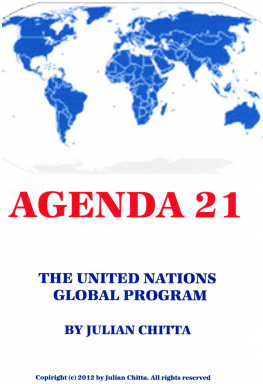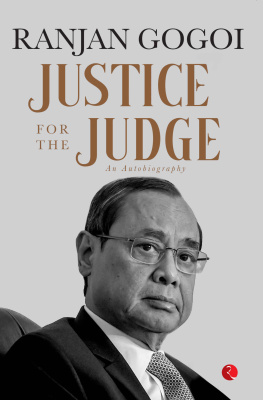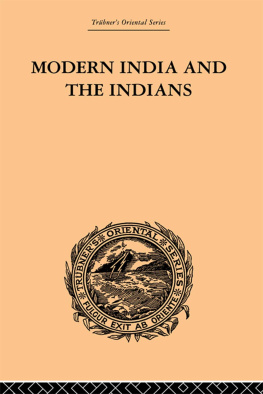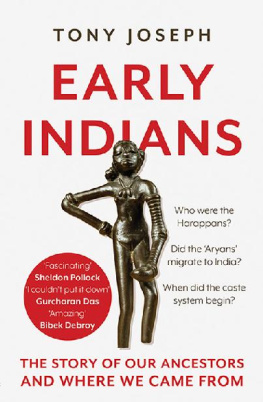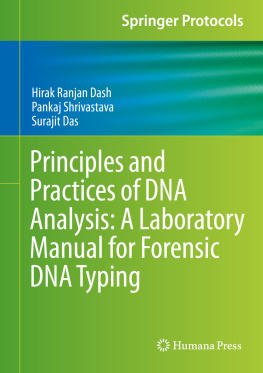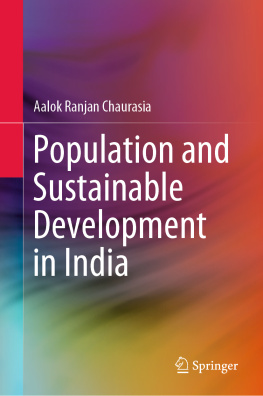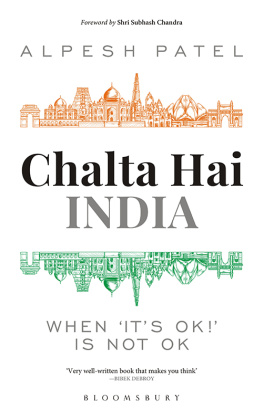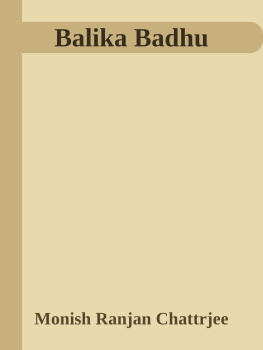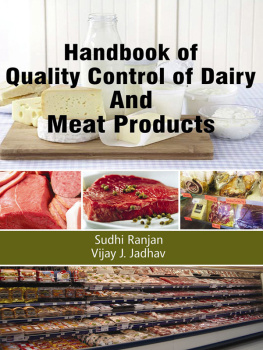CONTENTS
| Page |
| Foreword | -vii |
| Hindu-Mahomedan Mass Meeting, Calcutta |
| Public Meeting at Mymensingh |
| A Great Meeting at Decca |
| Home Rule Meeting at Barisal |
| Protest against Internments |
| Indian Deputation to England |
| Premiers Appeal |
| Self-Government |
| The Great Transformation |
| The Great Denial |
| Advice to Students |
| The Battle of Freedom |
| Address to Students |
| Non-Co-operation |
OM
FOREWORD
When the Publishers asked me for a Foreword to this small volume of Speeches by Mr. C. R. Das, I readily acceded to their request, both from personal and public considerations.
Personally I have known Mr. Chitta Ranjan Das from the days of his youth. His father, the late Babu Bhuban Mohan Das was a friend of mine. Bhuban Mohan was a well-known Attorney of the Calcutta High Court. For some time he was connected also with Bengalee journalism. As editor, first, of the Brahmo Public Opinion, and subsequently of the Bengal Public Opinion, he made a very high position for himself among Bengalee journalists. His style was very simple, and he spoke with a directness that was rather rare in our more successful English weeklies of those days. Babu Bhuban Mohan was a sincere patriot, and though like good many English educated Bengalees of his generation, he threw himself heart and soul into the Brahmo Samaj Movement, in his personal life and more particularly in his dealings with his Hindu relatives, he belonged to the old Hindu type, and spent whatever he earned,and he earned a lotfor the support of his poorer relatives. Indeed he spent upon them more than his finances allowed and consequently got involved in heavy liabilities that forced him, during the closing years of his professional life, to take refuge in the Insolvency Court.
Chitta Ranjan was educated, I think, in the London Missionary College, Bhowanipore; and subsequently in the Presidency College, Calcutta whence he took his B.A. degree and went to England to qualify himself for the Indian Civil Service. I do not remember if he actually competed for the I.C.S. He joined the Inns of Court and was called to the Bar in the early Nineties.
Chitta Ranjan gave considerable promise of exceptional literary and oratorical gifts even when he was a student in the Presidency College, Calcutta. While in England he made some political speeches, in connection I think, with the Electioneering Campaign of Mr. Dadabhai Naoroji, and some of those speeches were very favourably noticed by the English and the Indian Press.
Upon his return home, and within a short time of his joining the Calcutta Bar, he took upon himself the responsibility of all his father's debts; an act that forced him at the very commencement of his professional career, to join his father in seeking the protection of the Insolvency Court. It was not only a filial duty, but a point of honour, with Chitta. Ranjan to share this indignity with his father. He was very seriously handicapped, both in his professional and in his public life, by this insolvency. But for it, Chitta Ranjan would have long ago publicly thrown himself into all our political and patriotic movements and won the position of leadership to which he was entitled by his capacity and his devoted love for his country.
Though his exceptional abilities were universally recognised, from the very beginning of his career as a member of our High Court Bar, he could not secure adequate scope for them for a good many years; pecuniary struggles forced him to abandon the chances of a successful practice in the High Court for the mufassal practice which is more profitable to a junior Barrister.
The celebrated Conspiracy Case against Srijut Aravinda Ghosh, in which he appeared as Aravinda's Counsel pushed Chitta Ranjan into the fore front of the Calcutta Bar. Great was the sacrifice that he made in undertaking this defence. For more than six months he was engaged in this case, and the fee that he received was not sufficient to meet even all his household expenses during these months; and he had to incur a large debt for this purpose. The acquittal of Aravinda at once raised the reputation of his Counsel, and from the very day that Chitta Ranjan came back to take up the broken threads of his High Court practice, he found himself on the high road to both fame and wealth. This reminds me of the saying of Sree Bhagavan in the Geetathat the doer of good never comes to any grief.
As soon as he found his position in this profession secure, Chitta Ranjan's first thought was to remove the stain of insolvency from his father's name and his own and he started to pay off every pie of those old debts. This is the first time, as Mr. Justice Fletcher declared, that a discharged insolvent publicly accepted his old liabilities and applied for a formal discharge of his insolvency. This act of unusual fidelity to his financial obligations, at once raised Chitta Ranjan Das to the position of a great moral hero.
Having secured his discharge from his insolvency, Chitta Ranjan found himself free to freely and openly join all our public activities; and as the new National Life in Bengal, denied free scope and outlet in politics by the restrictive legislations of Lord Minto, had commenced to seek and find expression in a variety of literary organisations. Chitta Ranjan threw himself into this Nationalist Movement, and soon found himself among its great leaders. In 1915 he started a new Bengalee Monthly, the Narayana, which secured for its contributors some of the highest literateurs of Bengal, including Maha-Mahopadhyaya Hara Prasad Sastri who has an European reputation, and Babu Bepin Chandra Pal. Chitta Ranjan's entry into Bengalee literature dates from 1894 or 1895 when he published a volume of Bengalee lyrics, called Malancha which introduced a new element of freedom and realism into our modern lyrical literature. During the last two years, two more volumes of Lyrics have been published by him. The last annual Literary Conference of Bengal, in recognition of his literary services, nominated Chitta Ranjan as the President of its Literary Section while the political leaders of the Province offered him an equal recognition by asking him to preside over our last Provincial Conference.
The speeches collected and published in this volume are the latest pronouncements of Mr. C. R. Das upon some of the pressing political problems before us. They have already attracted considerable notice from the Anglo-Indian press, and the virulance of these criticisms are themselves a prima facie proof of their worth and importance. I will not try any criticism of these here. The reader will be able to judge of their value himself. Students of current political literature in this country will find in these a freshness of ideas and a freedom of treatment which are so much needed just now for the formation of a sound and healthy public opinion among us.



